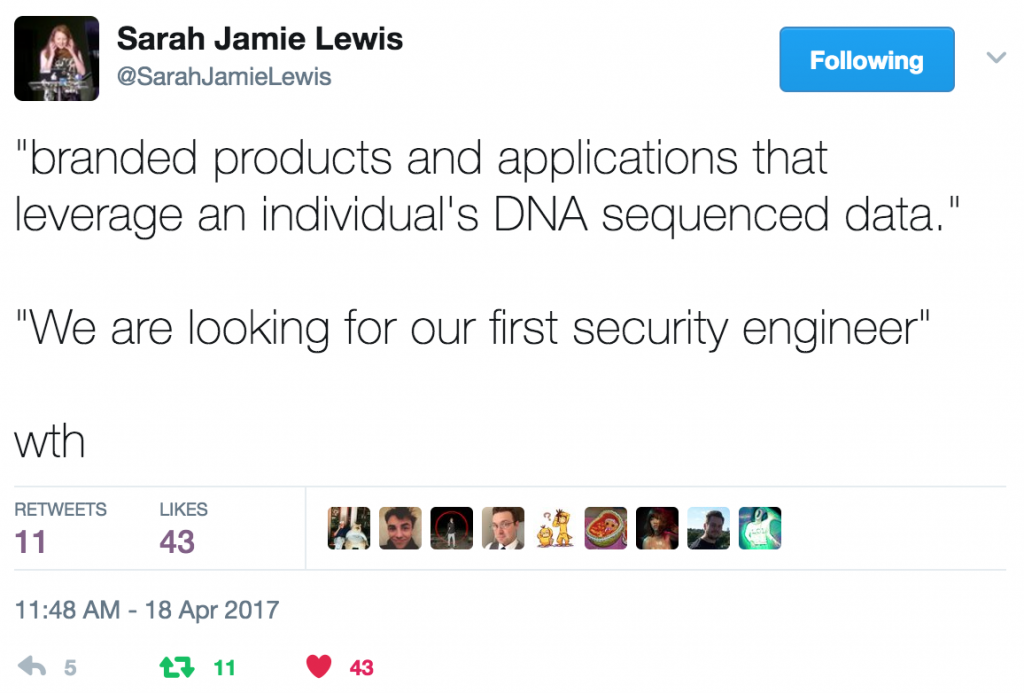I prefer capitalism to the alternatives, but I’ve still gotta laugh (and cringe) at some of the results. Modern life is fucking weird. Links links links…
Juicero is a startup that raised more than $100 million to “reinvent juice” or whatever bullshit. A ground-breaking scoop showed that Juicero’s machines are basically unnecessary. You can squeeze the pre-filled juice bags by hand and get essentially the same result.
- “Omg they were selling a $400 bag squeezing machine 😂😂😂” — Ryan Lawler
- “if you thought ‘a $400 wifi juicer is a thing i should buy’ you deserve this. respect to juicero” — Brian Feldman
- “I Just Love This Juicero Story So Much” by Albert Burneko (xxxtreme snark)
- “Juicero users find that man trumps machine” by John Biggs (in the form of a noir screenplay)
- Juicero CEO responds and refers to the bag-squeezing as “hacking”
- “Juicero CEO Begs You: Do NOT Squeeze Our Juice Bags” by Libby Watson
The whole Juicero saga made me snort audibly at least once. Thank you, venture capitalists. (Maybe Juicero’s valuation is actually justified because of the amount of amusement it caused?!)
Another tidbit from Silicon Valley; this one is a #shortread: “Investing in Snapchat is something that no one responsible should ever do. Snapchat is the equivalent of driving drunk.”

Tweet by Sarah Jamie Lewis. Insert “this is fine” dog here.
Tay Zonday of “Chocolate Rain” fame articulated what’s wrong with journalism better than just about anyone else. He’s also very woke, which somehow surprised me. Man, remember when that video went viral? I did not take him seriously, but apparently I should have.
Sophia Amoruso’s #Girlboss rally creeps me out. Examined through a feminist lens, the name is demeaning — how about a hashtag-less boss who just happens to be a woman? Also, yeah, I’m a woman, not a girl. Plus all the ~omg inspiration~ smacks of multi-level marketing schemes or infoproduct “how to be an entrepreneur” sellers.
There’s more to the Wall Street bull and newly added Fearless Girl sculptures than most of us realized. Capitalist guerilla art + pernicious marketing + the author is dead so who cares anyway. (Every possible take will be written, as the commandments of the internet say!)
- “Fake art is art that’s significantly more useful to someone involved in making it than audience suspects. Hidden utility is insincerity.” — @vgr
- the blog post that sparked a lot of debate: “seriously, the guy has a point” by Greg Fallis
- actually the original bull sculpture was commercially motivated too
- no the guy DOESN’T have a point, says Caroline Criado-Perez

Tweet by Charlie Warzel.
Lastly, Louise Mensch thinks that everybody is a Russian agent. She’s pretty close to being Alex Jones for liberals. It honestly seems possible that she’s undergoing some kind of psychotic break and broadcasting the whole process on Twitter.
Header photo by Anthony Quintano.






